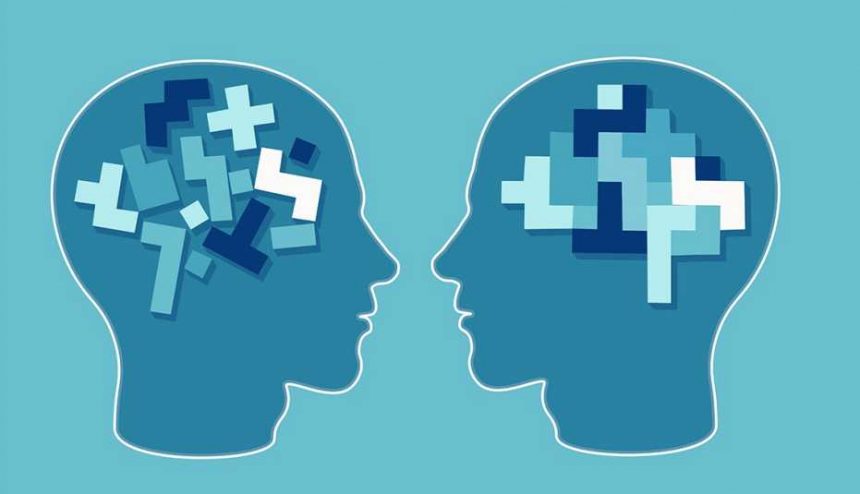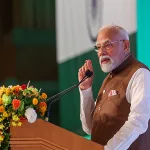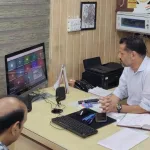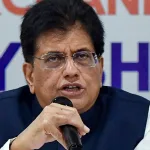Srinagar, May 13: Jammu and Kashmir has the highest prevalence of dementia in India, with an estimated 11.04 percent of the population affected, according to a nationwide study published in Alzheimer’s & Dementia, the journal of the Alzheimer’s Association.
In India, people older than 60 years are affected by dementia. The burden of dementia cases is unevenly distributed across states, requiring varying levels of local planning and support.
The estimated dementia prevalence for adults ages in India among 60 plus is 7.4%, with significant age, education gradients, sex, urban/rural differences and cross-state variation.
As India faces potential increase in number of people with dementia, an accurate national estimate was essential to understand the magnitude of the challenge the country is facing.
According to the study, the prevalence of dementia in various Indian states is as follows: Jammu & Kashmir (11.4%), Himachal Pradesh (8.43%), Punjab (5.19%), Uttarakhand (6.27%), Haryana (5.78%), Delhi (4.50%), Rajasthan (7.30%), Uttar Pradesh (7.92%), Bihar (5.69%), Assam (8.47%), and West Bengal (9.23%).
The trend continues across other states, with Jharkhand (7.17%), Odisha (9.87%), Chhattisgarh (6.96%), Madhya Pradesh (6.75%), Gujarat (6.47%), Maharashtra (7.61%), Andhra Pradesh (7.74%), Karnataka (7.61%), Kerala (8.27%), Tamil Nadu (6.13%), Telangana (8.27%), and the Northeastern states (excluding Assam) at 7.35%.
It said in absence of a nationally representative study in India, the Alzheimer’s and Related Disorders Society of India extrapolated dementia prevalence using estimates for South Asia reported by 2015 World Alzheimer Report and six studies conducted in 2010.
The study mentioned that prior estimates of dementia prevalence in India were based on samples from selected communities, inadequately representing national and state populations.
The study was aimed to establish a nationally representative to provide valid estimates of dementia prevalence and incidence in the country.
The research was cited earlier this month during a two-day national midterm CME-2025 on Dementia and Its Variants: Recent Advances and Innovations organized by Indian Association for Geriatric Mental Health (IAGMH) in collaboration with GMC Srinagar.
The conference brought together leading mental health professionals to deliberate on evolving clinical practices, research and innovation in dementia care.
Dr. Junaid Nabi, Associate Professor, Institute of Mental Health and Neurosciences (IMHANS), Srinagar, said dementia is a progressive neurological disorder that primarily affects memory, thinking, behaviour, and the ability to perform everyday activities.
The conference was held to spread awareness about dementia, particularly among population above 60 years of age.
“This age group is often neglected, and many people are still unaware of what dementia is. There remains a lack of awareness, and unfortunately, a stigma is still associated with the condition leading many families to hide it rather than seek help,” said Dr. Junaid.
This was the first such CME in Kashmir dedicated to raising awareness about dementia, and some of the best minds from across the country were invited to share their expertise.
“It mainly affects the elderly. The main symptoms of dementia include memory loss, changes in thinking skills and, in some cases, psychosis,” Dr. Junaid said.
He advised people to consult a doctor or psychiatrist when they notice such symptoms in their loved ones to determine the cause soon, as early intervention can help manage the condition more effectively.
Doctors say a professional evaluation may detect a treatable condition, and they say early detection and diagnostics will be helpful in controlling dementia.








